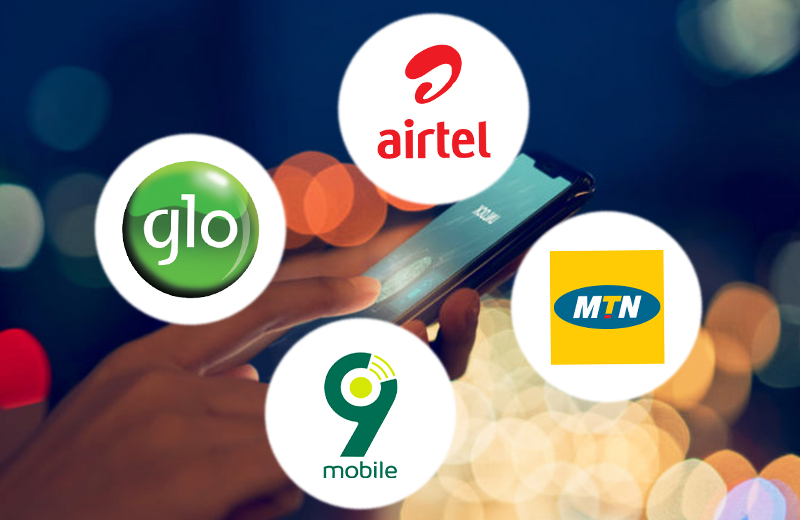The 50% tariff adjustments approved by the Nigerian Communications Commission (NCC) for telecommunications companies have triggered strong reactions within and outside the industry.
Heated exchanges erupted between the NCC and key stakeholders over the scale of the hike.
The dispute is not about the increase itself but rather the steep margin of the approved tariffs.
Most stakeholders, including the manufacturing sector and the National Association of Telecommunications Subscribers (NATCOMS), acknowledge the need for adjustments to keep telecom firms afloat amid soaring inflation and rising operational costs.
However, while NATCOMS, representing about 157 million Nigerians, urged the NCC to reduce the hike to 10%, the Nigeria Labour Congress (NLC) demanded a maximum of 5%, citing economic hardships.
The NCC and telecom firms, however, argue that anything below 50% would be insufficient to sustain the sector, particularly for upgrading ageing infrastructure.

The NLC strongly opposed the NCC’s stance and scheduled a rally for Tuesday, signalling a potential showdown.
NATCOMS is also considering legal action to push for a 10% cap.
Meanwhile, the Socio-Economic Rights and Accountability Project (SERAP) already sued the NCC, labelling the hike “arbitrary, unconstitutional, and unreasonable.” It argues that the increase infringes on Nigerians’ rights to freedom of expression and access to information.
Opponents of the hike argue that it worsens economic difficulties, disproportionately affecting low-income households and small businesses struggling with inflation and economic instability.
Telecom firms have long advocated for tariff increases, citing financial pressures.
MTN Nigeria CEO Karl Toriola warned in October 2024 that without adjustments, telecom operations might shut down due to rising diesel costs for base stations. 9Mobile CEO Obafemi Banigbe also highlighted that the naira’s devaluation has led to significant losses in the industry, with infrastructure costs surging by over 300%.
On Monday, the NCC announced its approval of a tariff increase, capping it at 50%—lower than the 100% requested by network operators.
The commission stated that the hike, the first in 12 years, was necessary to address widening gaps between costs and revenue while maintaining service quality.
Under the new rates, Nigerians will pay more for calls, SMS, and data. The minimum call rate will rise from ₦6.40 to ₦9.60 per minute, with the average call rate increasing from ₦11 to ₦16.50. SMS charges will jump from ₦4 to ₦6, and data prices will rise from an average of ₦350 per GB to ₦525.
Despite agreeing that an increase was long overdue, NATCOMS insisted on a 10% cap, warning that higher costs could force telecom companies into “load shedding,” rationing services in different areas at different times. It argues that this would severely disrupt key sectors, including banking, healthcare, and education.
Given the financial burden on consumers, many stakeholders propose a phased implementation of the tariff hike over five years, at 10% annually. This, they argue, would ease the impact on Nigerians while allowing telecom firms to recover costs gradually.


